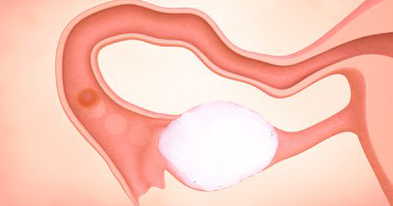 Help your baby develop in the second week of your pregnancy
Help your baby develop in the second week of your pregnancy
This is the week you might conceive! Here’s how you can make sure your baby’s development is supported right from the start of your pregnancy.
What's happening this week?
Your ovulation period usually occurs around two weeks after the first day of your period. This is when your body releases an egg, and is the best time to try to get pregnanti.
Fertilization usually takes place near the end of this weekii, so you should have intercourse on the day of ovulation as well as the five days before it takes place.
What can you expect?
Millions of sperm have commenced their journey toward your fallopian tube with the hope of meeting – and fertilizing – your egg. There’s only a 12 to 24 hour window for this to happeniii.
What can you do to support your pregnancy?
These are truly exciting times, but try not to get too worked up. Worrying about it won’t help you conceive. In fact, stress does the complete opposite! Experts agree that the best thing you can do if you want to get pregnant is to relax, so don’t sweat it if you don’t conceive right awayiv.
You can also increase your chances of getting pregnant by avoiding smoking, alcohol, and caffeine. Perhaps the most important factor to having a healthy pregnancy is to take care of your own health. That means getting the proper nutrition and exercise as well as resting and taking care of your emotional health toov.
You can also take supplements, which have been linked to healthy pregnanciesvi. Since your baby’s neural tube (which will later become the brain and spinal cord) starts to develop in the very first month of pregnancy, it’s important to start taking a prenatal supplement that also includes 400 mcg of folic acid dailyvii. This will support your baby’s development.
While looking after your baby’s development, it’s also important to be attuned to your own health and emotional wellbeing; as these will have an impact on your developing babyviii.
Something to keep in mind: studiesix show that your emotions may affect your baby while he or she is growing in your womb. You may want to start researching techniques (e.g. prenatal yoga, meditation) to stay stress-free over the next nine months.
Find calmness through:
- Reading, listening to music, or engaging in other activities that relax you,
- Meditating,
- Gentle exercise.

